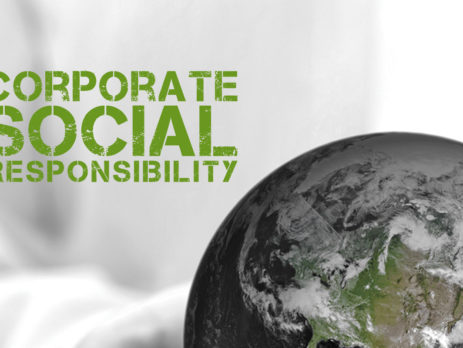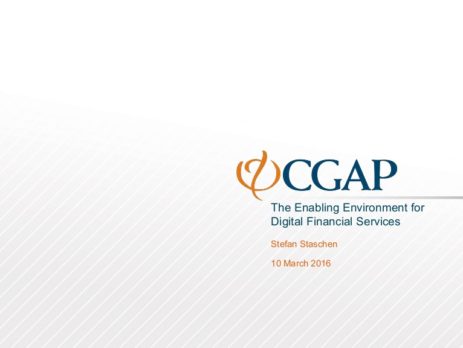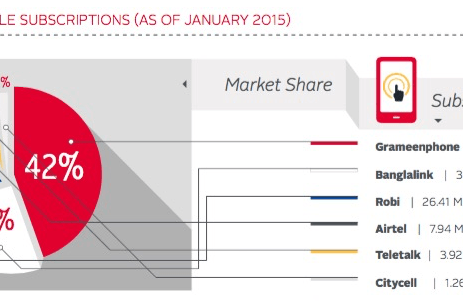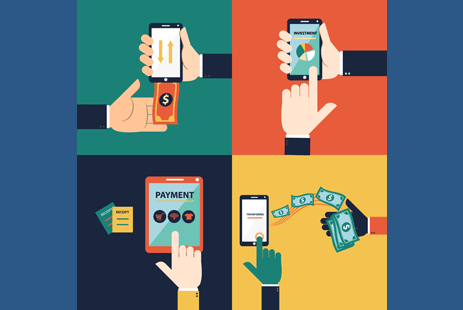Costs of Financial Disclosure
Financial disclosures definitely reduce information asymmetry that exists between managers and stockholders. Financial statements (balance sheet, owner’s equity statement, income statement and cash flow statements and notes & explanations) are required by different groups of stakeholders. This stakeholder group encompasses managers, shareholders, employees, lenders and other suppliers, customers and government/regulators. These diverse groups of stakeholders need financial statement for completely different reasons and not always their interest merge. There remains some agency problem linked up with disclosing contents in [...]





